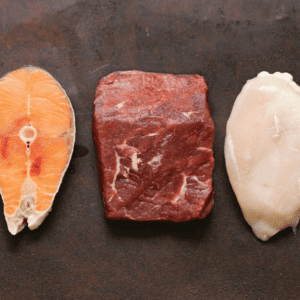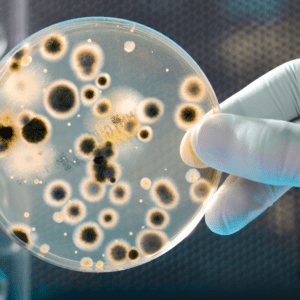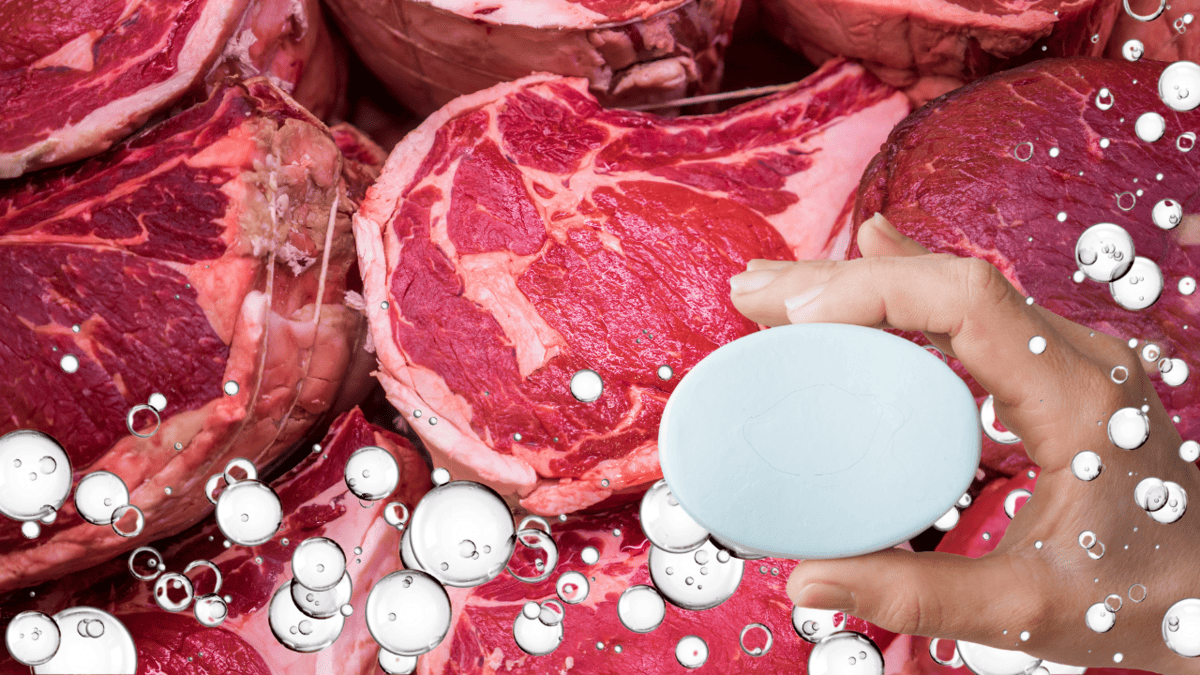Let’s dive into a topic that’s as ancient as it is intriguing – the concept of clean and unclean animals. This isn’t just a historical or religious curiosity; it’s a subject that touches on health, nutrition, and the choices we make every day about what we put on our plates. Whether you’re a devout follower of dietary laws, a curious foodie, or someone who’s simply interested in the intersection of faith, history, and health, there’s something here for you. So, let’s embark on this journey together, and explore the fascinating world of clean and unclean animals. Trust me, it’s a ride worth taking!
What are Clean and Unclean Animals in the Bible?
In the Bible, clean animals are those deemed fit for consumption, while unclean animals are not. This distinction, primarily found in Leviticus and Deuteronomy, has shaped dietary practices for centuries.
Understanding Clean and Unclean Animals in the Bible
The Story of Noah and the Permission to Eat Animals
After the Great Flood, God granted Noah and his family permission to eat animals. This was a significant shift from the pre-flood diet, which was primarily plant-based. However, this permission came without specific guidelines on which animals were fit for consumption.
The Dietary Laws Given to Moses
In the book of Leviticus, God provided Moses with specific dietary laws for the Israelites. These laws distinguished between clean and unclean animals, setting the foundation for dietary practices among the Israelites. Adherence to these laws was seen as a sign of obedience and holiness.
Types of Clean Animals

The Bible provides a comprehensive list of clean animals permissible for consumption. These include:
- Land Animals: Animals that chew the cud and have split hooves, such as cows and sheep, are considered clean.
- Sea Animals: Sea creatures with fins and scales are deemed clean.
- Birds: Certain birds, excluding birds of prey, are considered clean.
- Insects and Creatures: Certain types of locusts and grasshoppers are considered clean.
The Purpose Behind the Dietary Laws
The distinction between clean and unclean animals serves several purposes. It emphasizes the concept of ritual purity and the separation of the sacred from the profane. Additionally, it may reflect health and hygiene considerations, as many unclean animals are known carriers of diseases.
Health Considerations: Clean and Unclean Animals in Nutrition

There are nutritional differences between clean and unclean animals. Some unclean animals carry potential health risks, while clean and lean sources of meat offer numerous health benefits. A study conducted by Dr. David Macht at Johns Hopkins University in 1953 suggested that clean animals may offer health advantages over unclean animals.
Protein: The Macronutrient of Clean Meats
Protein is a crucial macronutrient for our bodies. It helps build and repair tissues, makes enzymes and hormones, and is essential for bones, muscles, cartilage, skin, and blood. According to a blog post by the Harvard School of Public Health, it’s important to choose protein sources that are lean and low in saturated and trans fats. They recommend a variety of protein foods, including seafood, lean meats and poultry, eggs, beans and peas, soy products, and unsalted nuts and seeds.
Meats Sacrificed to Idols: A Biblical Perspective
In the early church, there was a debate over eating meat sacrificed to idols. The apostles instructed that while an idol is nothing and has no real power, believers should abstain from such meat if it causes a weaker brother to stumble in their faith. This principle of self-denial for the sake of unity in the body of Christ is still relevant today.
Kosher Meat: Observing Jewish Dietary Laws
Kosher laws dictate that only certain types of animals are fit for consumption, and the process of slaughtering must follow specific rules. This includes a swift, deep incision with a sharp knife on the neck, cutting the jugular veins and carotid arteries of both sides but leaving the spinal cord intact.
Halal Meat: Following Islamic Dietary Laws
In Islam, dietary laws are taken very seriously. Halal, an Arabic word meaning permissible, governs what can be consumed. Halal meat must come from an animal that has been slaughtered in the name of Allah. The animal must be healthy at the time of slaughter and all blood is drained from the veins. The process is intended to ensure the meat is clean, wholesome, and prepared in a humane manner. But the real question is, Can Christians Eat Halal?
Making Informed Dietary Choices

When it comes to choosing what meat to consume, it’s important to make informed decisions. Here are some practical tips:
- Understand your dietary needs: Everyone’s body is different. Understand your body’s specific needs and choose your diet accordingly.
- Consider your beliefs and values: If you follow religious dietary laws, make sure the meat you consume aligns with these laws.
- Research about the source: Know where your meat comes from. Ensure it’s sourced from farms that treat animals humanely.
Conclusion
The distinction between clean and unclean animals is a fascinating topic that has implications even today. Whether you follow religious dietary laws or are just curious about the topic, understanding the concept can help you make informed dietary choices. Remember, the decision about what to eat should align with your convictions, values, and cultural or religious practices.

